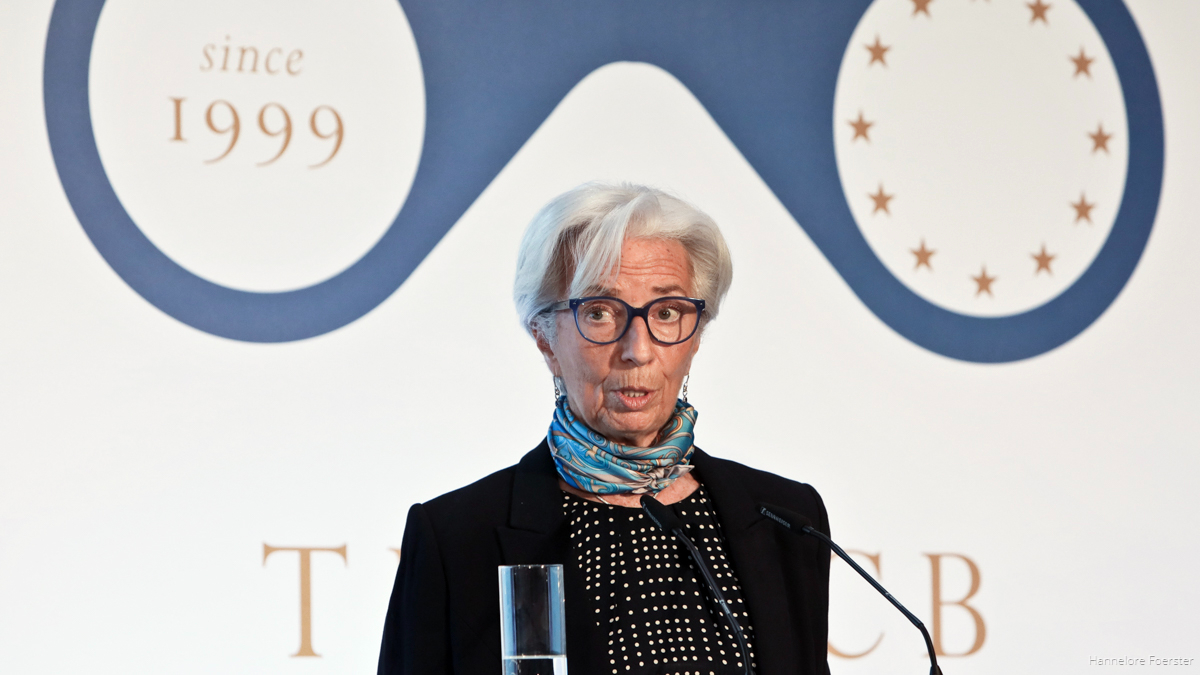Why the ECB will be wrong to raise rates again

The risk is that the ECB will continue to raise the cost of money even when it should begin to move in the opposite direction, to avoid excessive risks of recession for the economy. The comment of the economist Riccardo Puglisi for the Reformist
The economy is a subject where uncertainty reigns supreme: sovereign demoted to the rank of constitutional monarch in calmer times, and shot up to the rank of despotic empress in more turbulent, or rather volatile, to use the terminology appropriate financial. Occasionally, however, there is (almost) certainty about what a fundamental economic and financial operator such as the European Central Bank will do in the near future, in this case in its monthly decision on the interest rates it manages, which will be taken on 15 June next, i.e. next week.
WHAT THE EUROPEAN CENTRAL BANK WANTS TO DO
The ECB will raise interest rates again, in all likelihood by 0.25%, as current inflation in the eurozone – albeit down to 6.1% in May – remains far from the ECB's target is anchored, i.e. 2%. In a nutshell: the ECB intends to maintain its credibility as a "guardian" on inflation trends, so that all economic operators who have influence on prices (businessmen, trade unions and governments in primis) take these choices into account and future – at least in the medium term – when they will have to negotiate and decide prices and wages. The fact that this choice of the ECB is practically taken for granted does not imply that it is a good thing to refrain from commenting on it and possibly criticizing it.
WHY THE ECB SHOULD DO THE OPPOSITE
What to say? In my small way, I feel I belong to that group of economists and commentators that Erik Nielsen, chief economist of Unicredit, defines as "Team transitional" (Team Transitory), i.e. the group of those who think that the main upward pressures of inflation depend on short-term phenomena, starting from geopolitical shocks to the price of energy. If this is true (contrary to what the Permanent Team thinks – again to use Nielsen's terminology), then the risk is that the ECB will inertially continue to raise the cost of money even when it should start moving in the opposite direction, for avoid excessive risks of recession for the economy and excessive costs for the balance sheets of the major debtors of the Eurozone, i.e. the sovereign states with their huge public debts.
Warning: the ECB and the FED probably acted late in not raising rates at the end of 2021, when they created a vaguely propaganda mini-club that we could call Team Ultra Transitory, pushing the interpretation – which later turned out to be very wrong – according to which the inflation would have been a very short burst. Often the truth lies somewhere in the middle: inflation obviously wasn't a very brief flare-up (otherwise we wouldn't be here to talk about it) but neither will it be an eternal fire of biblical proportions.
(Article published in the Riformista )
This is a machine translation from Italian language of a post published on Start Magazine at the URL https://www.startmag.it/economia/bce-aumento-tassi-errore/ on Wed, 14 Jun 2023 05:59:57 +0000.
